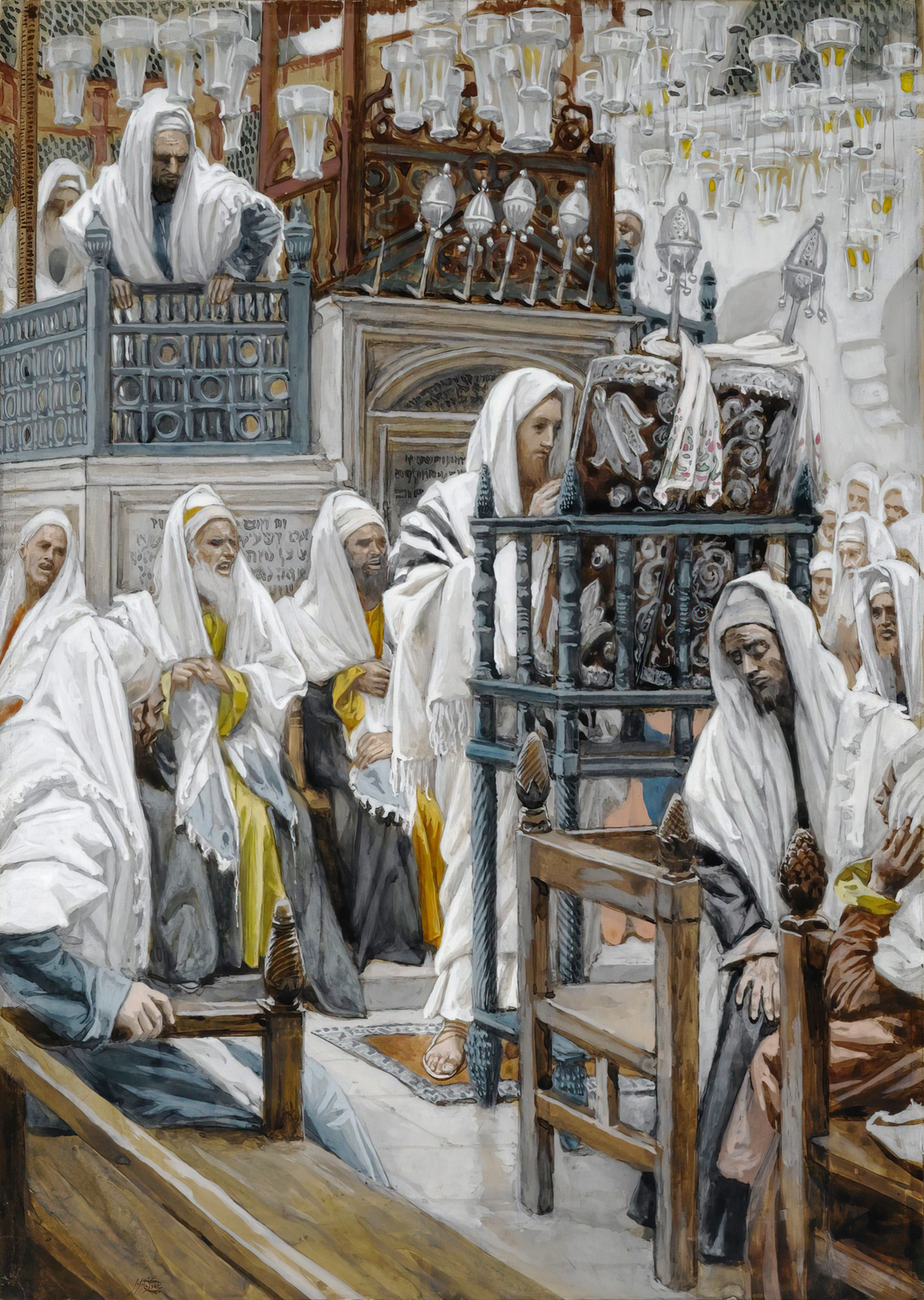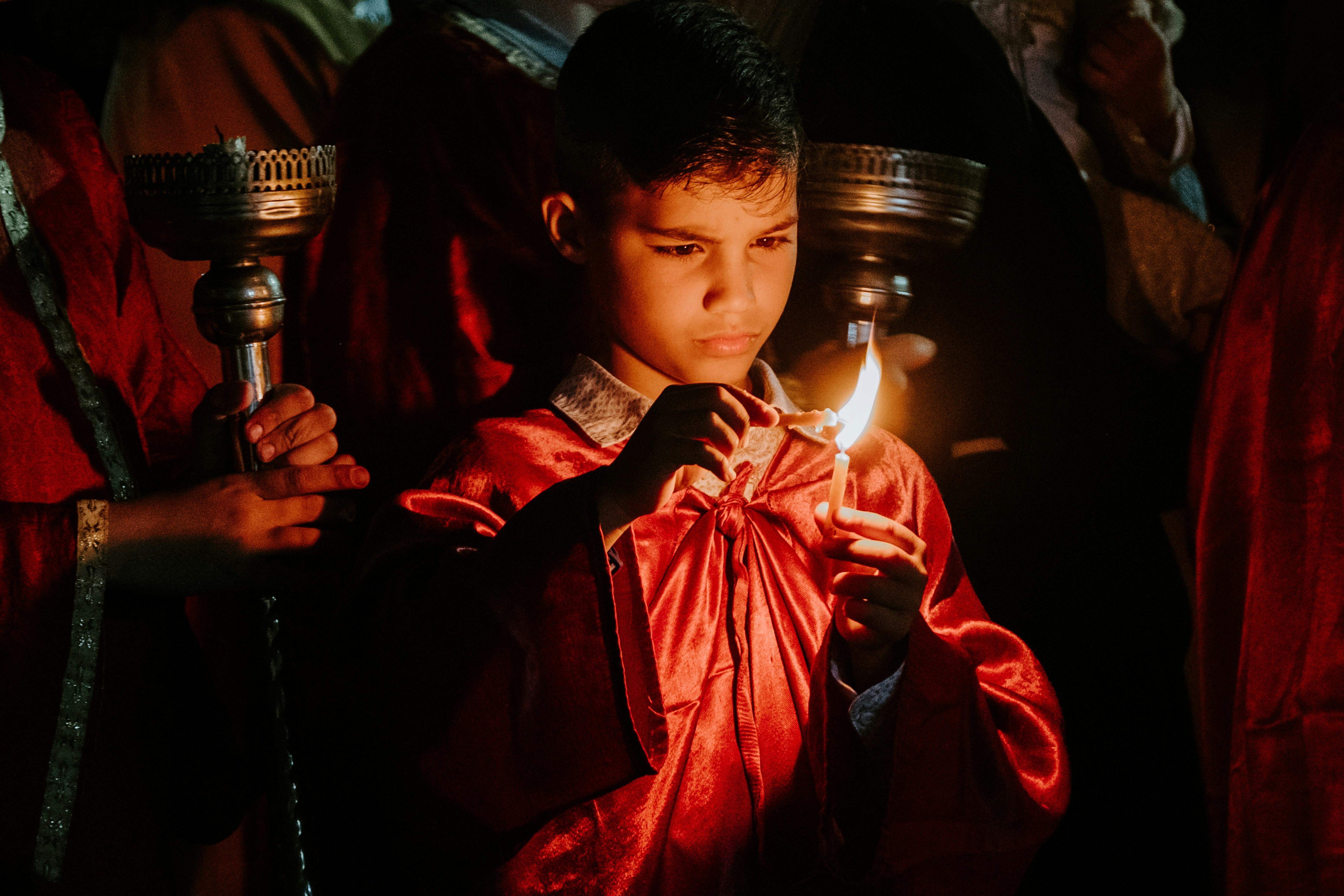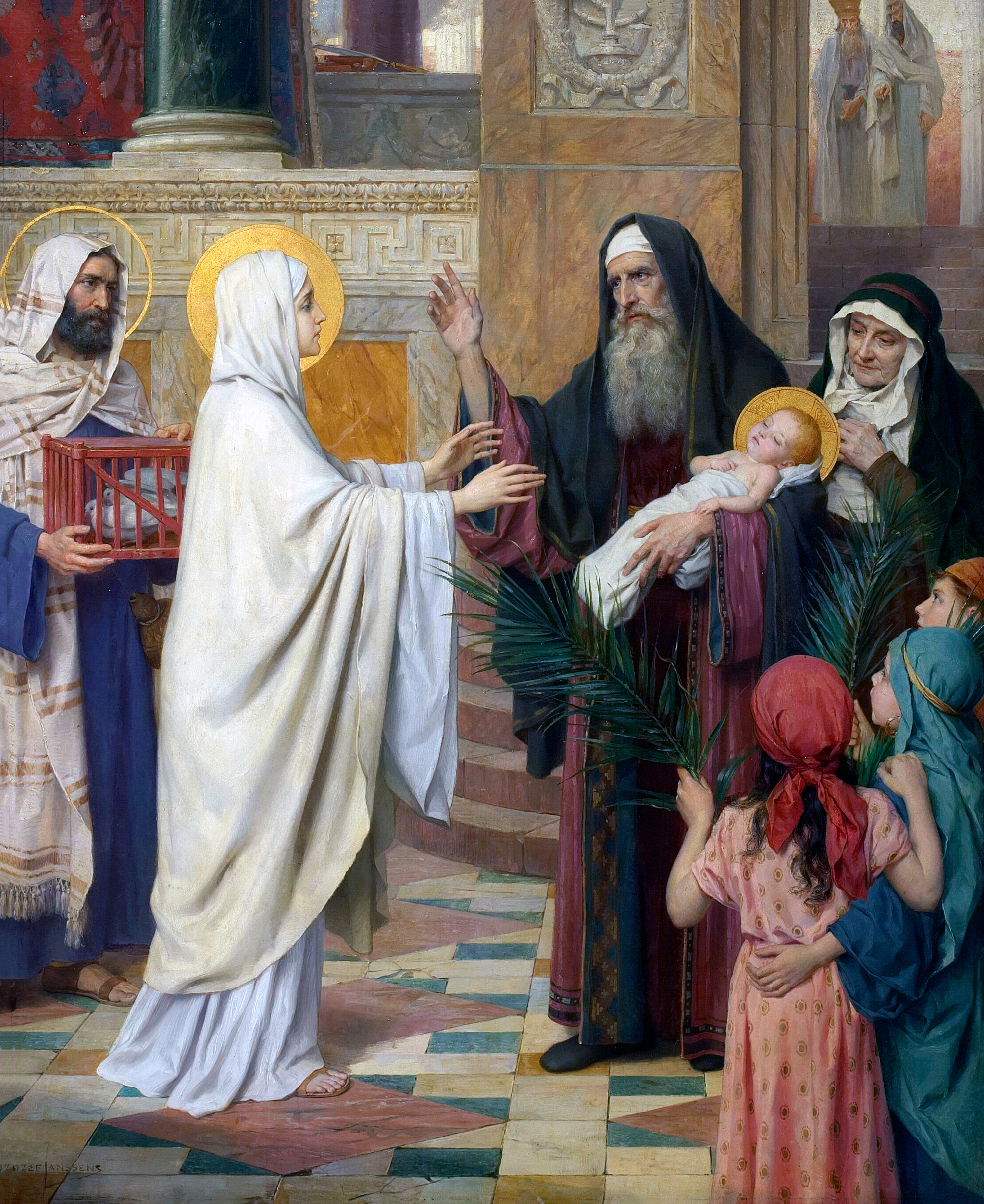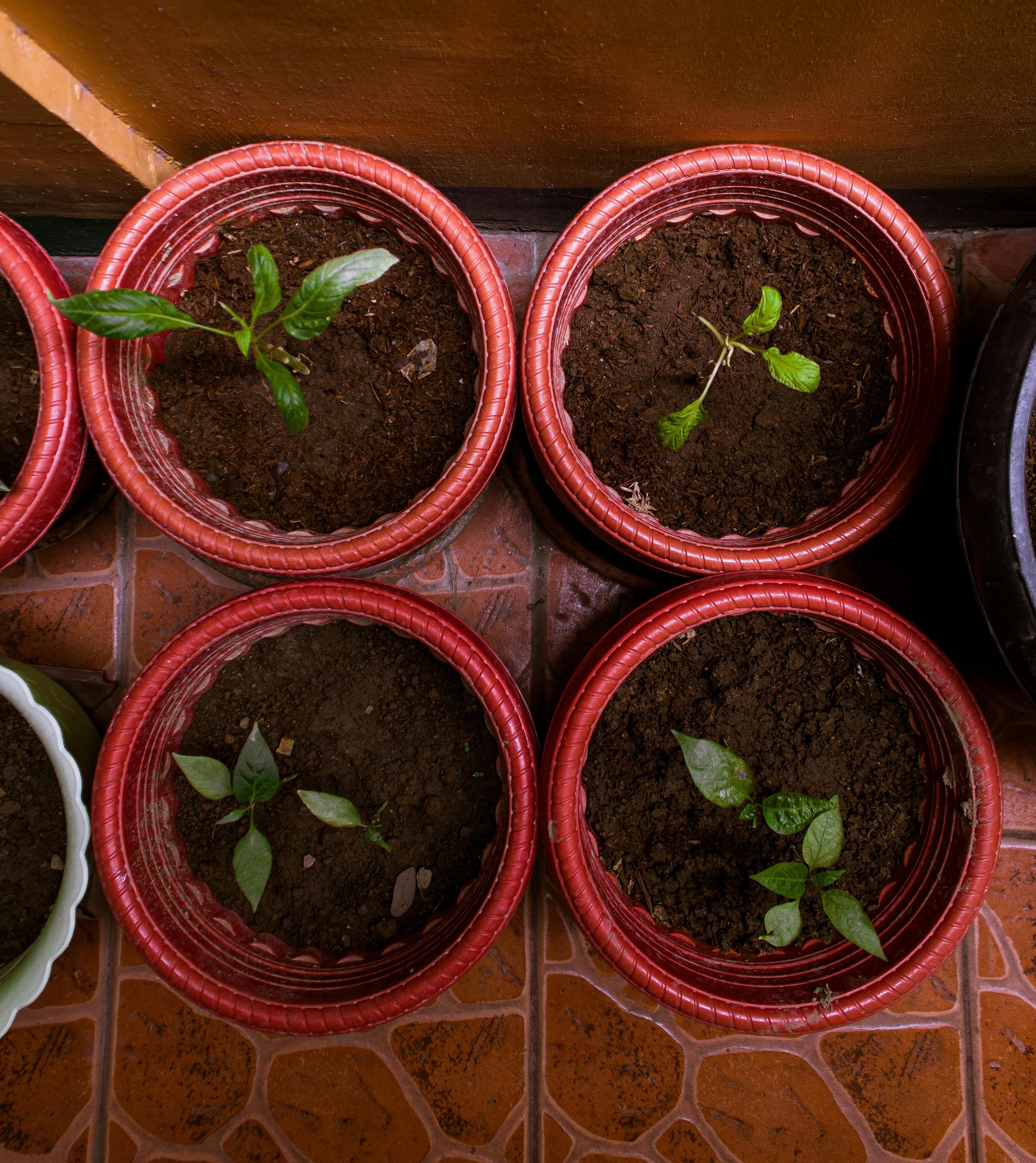Have you ever been to an animal shelter? Perhaps you’ve been lucky enough to pick a dog or cat to take home with you. As you were surveying the animals, you probably made very deliberate choices regarding what type of pet and what type of personality you wanted in your home. Perhaps you also considered veterinary care, grooming and general activity level to arrive at which pet was best for you.
Each day, we make deliberate choices. Some choices have more impact than others. For example, we might pick out the best fruits and vegetables at the grocery store. Or we might make a choice that can lead us to sanctification or to sin.
God makes deliberate choices too. And none of the choices He makes are incorrect.
God chose you and created you for a specific purpose in life. This is your mission.
In today’s Gospel, Jesus takes the Twelve and sends them two by two on a mission of spiritual and physical healing. Up until this point, there has been a larger group of disciples following Jesus, but He picks these twelve for this very specific mission. Knowing one would betray Him didn’t deter Jesus from using this person for the mission for which they were created.
Today, the Church celebrates the Memorial of St. Paul Miki and Companions, who were deliberately chosen to spread the Faith in Japan. Like many of the Apostles, St. Paul Miki was crucified for preaching his belief in Jesus, along with a group of twenty-five others. He was able to lay his life down for Christ, knowing that he had fulfilled what God had asked of him. While most of us will never be asked to carry out a similar assignment, it does give us strength for our journey to continue to choose Jesus day after day, both in times when we are welcomed for what we believe and when we are scorned for what we preach.
Take some time today and ask Jesus what mission he has for you in your life and ask for the grace and strength to be able to fulfill it.
¿Alguna vez has estado en un refugio de animales? Quizás has tenido la suerte de elegir un perro o un gato para llevarte a casa. Mientras observabas a los animales, probablemente tomaste decisiones muy deliberadas sobre qué tipo de mascota y qué tipo de personalidad querías en tu hogar. Tal vez también consideraste la atención veterinaria, el aseo y el nivel de actividad general para llegar a la mascota que era mejor para ti.
Cada día, tomamos decisiones deliberadas. Algunas decisiones tienen más impacto que otras. Por ejemplo, podemos elegir las mejores frutas y verduras en el supermercado. O podemos tomar una decisión que nos puede llevar a la santificación o al pecado.
Dios también toma decisiones deliberadas. Y ninguna de las decisiones que toma es incorrecta.
Dios te eligió y te creó para un propósito específico en la vida. Es tu misión.
En el Evangelio de hoy, Jesús toma a los Doce y los envía de dos en dos en una misión de sanación espiritual y física. Hasta este punto, había un grupo más grande de discípulos siguiendo a Jesús, pero elige a estos doce para esta misión muy específica. El hecho de saber que alguien lo traicionaría no impidió que Jesús usara a esa persona para la misión para la que fue creada.
Hoy, la Iglesia celebra la memoria de San Pablo Miki y compañeros, quienes fueron elegidos deliberadamente para difundir la fe en Japón. Como muchos de los apóstoles, San Pablo Miki fue crucificado por predicar su fe en Jesús, junto con un grupo de veinticinco personas. Pudo dar su vida por Cristo, sabiendo que había cumplido lo que Dios le había pedido. Si bien a la mayoría de nosotros nunca se nos pedirá que llevemos a cabo una tarea semejante, nos da fuerza para el camino para seguir eligiendo a Jesús día tras día, tanto en los momentos en que somos bien recibidos por lo que creemos como cuando somos despreciados por lo que predicamos.
Tómate un tiempo hoy y pregúntale a Jesús qué misión tiene para ti en tu vida y pídele la gracia y la fuerza para poder cumplirla.
 Mary Thissen is a St. Louis native living in East Central Illinois with her husband and children. She is blessed with twin boys Earthside and four children now living in Heaven. When she is not working as a healthcare data analyst or caring for her boys, she enjoys studying and writing about the Catholic faith and ministering to women who are suffering through miscarriage or infertility. You can connect with Mary on Instagram @waitingonmiracles.
Mary Thissen is a St. Louis native living in East Central Illinois with her husband and children. She is blessed with twin boys Earthside and four children now living in Heaven. When she is not working as a healthcare data analyst or caring for her boys, she enjoys studying and writing about the Catholic faith and ministering to women who are suffering through miscarriage or infertility. You can connect with Mary on Instagram @waitingonmiracles.
Feature Image Credit: PixxlTeufel, pixabay.com/photos/decision-path-signpost-crossing-5291766/
The views and opinions expressed in the Inspiration Daily blog are solely those of the original authors and contributors. These views and opinions do not necessarily represent those of Diocesan, the Diocesan staff, or other contributors to this blog.


 Kimberly Andrich writes from the perspective of having a hidden, chronic illness and experiencing a deep, continuous conversion through being yoked to Jesus in the day-to-day trials and joys of life. She is a wife, mother of 5, and daughter of the King. Kimberly also writes for
Kimberly Andrich writes from the perspective of having a hidden, chronic illness and experiencing a deep, continuous conversion through being yoked to Jesus in the day-to-day trials and joys of life. She is a wife, mother of 5, and daughter of the King. Kimberly also writes for 


 Former NPS Park Ranger, Catholic educator, and Youth Minister, Melissa Lucca now spends her days evangelizing family and neighbors as a stay-at-home mom. She holds an MA in Theology from the Augustine Institute and pursues personal study in her spare time. Melissa loves Ignatian Spirituality, Mother Mary, and rock climbing. If you don’t hear her and her kiddo laughing at home, then they are probably out on an adventure!
Former NPS Park Ranger, Catholic educator, and Youth Minister, Melissa Lucca now spends her days evangelizing family and neighbors as a stay-at-home mom. She holds an MA in Theology from the Augustine Institute and pursues personal study in her spare time. Melissa loves Ignatian Spirituality, Mother Mary, and rock climbing. If you don’t hear her and her kiddo laughing at home, then they are probably out on an adventure!
 Nicole Berlucchi is a faith and family blogger (
Nicole Berlucchi is a faith and family blogger (
 David Dashiell is a freelance author and editor in the Nashville, Tennessee area. He has three children, a degree in theology, and enjoys writing about philosophy, theology, culture, music, and comedy. You can find his personal blog, Serious Daydreams, on
David Dashiell is a freelance author and editor in the Nashville, Tennessee area. He has three children, a degree in theology, and enjoys writing about philosophy, theology, culture, music, and comedy. You can find his personal blog, Serious Daydreams, on 
 Pamela Kavanaugh is a grateful wife, mother, and grandmother who has dedicated her professional life to Catholic education. Though she has done her very best to teach her students well in the subjects of language and religion, she knows that she has learned more than she has taught. She lives, teaches, and writes in southwest suburban Chicago.
Pamela Kavanaugh is a grateful wife, mother, and grandmother who has dedicated her professional life to Catholic education. Though she has done her very best to teach her students well in the subjects of language and religion, she knows that she has learned more than she has taught. She lives, teaches, and writes in southwest suburban Chicago.




 Tami Urcia is a midwestern gal from a large Catholic family. As a young adulthood she was a missionary in Mexico, where she studied theology and philosophy. After returning stateside bilingual, she gained a variety of work experience, traveled extensively and finished her Bachelor’s Degree at Brescia University. She loves organizing and simplifying things, watching her children play sports, deep conversations with close family and friends and finding unique ways to brighten others’ day with Christ’s love. She works full time at Diocesan in the Software Department and manages the Inspiration Daily reflections. She is also a guest blogger on
Tami Urcia is a midwestern gal from a large Catholic family. As a young adulthood she was a missionary in Mexico, where she studied theology and philosophy. After returning stateside bilingual, she gained a variety of work experience, traveled extensively and finished her Bachelor’s Degree at Brescia University. She loves organizing and simplifying things, watching her children play sports, deep conversations with close family and friends and finding unique ways to brighten others’ day with Christ’s love. She works full time at Diocesan in the Software Department and manages the Inspiration Daily reflections. She is also a guest blogger on 